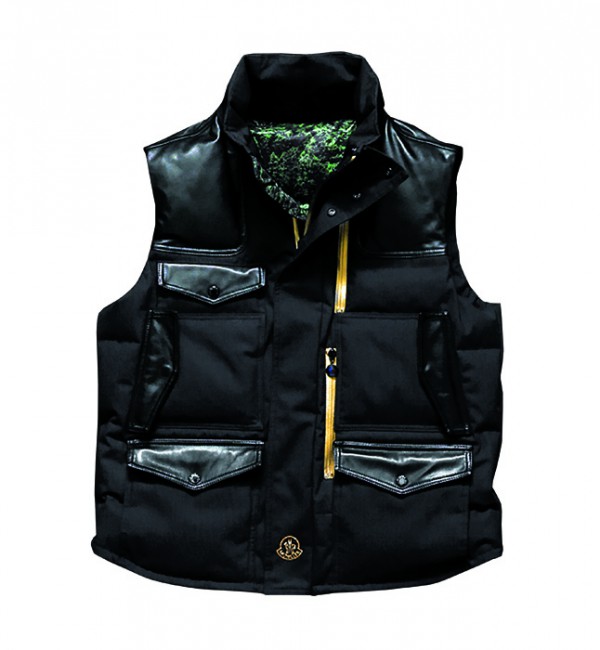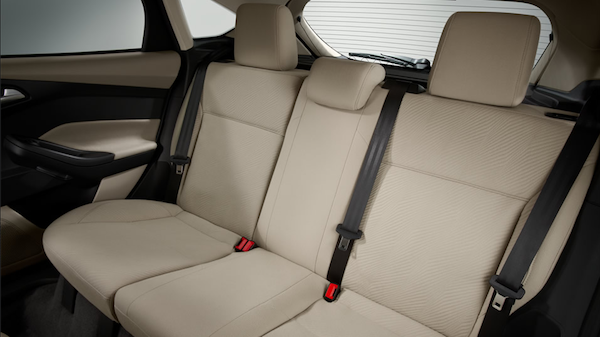With cotton, hemp, linen, and silk, humans have woven the wonders of the natural world into various forms of protection and display for nearly 30,000 years. We’ve come a long way since then, but we’re still working on making materials that keep the world as clean as our conscience and feel just as fresh.
A new crop of companies is showing us that recycling in fashion is not just about trends like grunge — it’s also about being resourceful enough to turn our excess into exciting new material for change. Recycling post-consumer waste, the stuff that would normally end up in landfills and oceans, is transforming plastic from a toxic trap into an elegant innovation in clothing and home accessories.
Because it all begins with the ocean, it makes sense that Bionic Yarn has made a big splash. Started by Tyson Toussant and Tim Coombs, Bionic Yarn makes fibers for durable materials with a dynamic appeal, including canvas substitutes and cloth perfect for outdoor gear and more fashionable pursuits. It’s all about retrieving, recycling, reducing, replacing and raising awareness that taking plastic out of our oceans and the food chain makes us healthier by ensuring the safety of our seawater and seafood.
Once the bottles are brought in, they are converted into smaller flakes, melted down into fiber and the then woven into a yarn with an organic or natural-blend outer layer, an ocean plastic inner layer, and a powerful core that promises peak performance. With the support of brand ambassador, investor, and “hatty” camper Pharrell Williams, Bionic Yarn has been seen in a variety of collections, from G-Star denim and Timberland’s Earthkeeper’s collection to this chic eco vest from Moncler designed by Pharrell:
[caption id="attachment_10001" align="aligncenter" width="600"] Image by Moncler[/caption]
Image by Moncler[/caption]
Conscious companies like Patagonia (a fellow B Corp) have made us look and feel good producing iconic styles with post-consumer plastic for years, making the most of modern dilemmas with good old-fashioned ingenuity. Repreve uses certifiably sustainable “first-quality” fibers from post-consumer waste and plastic bottles not only for Patagonia, but for many classic American brands, like Haggar pants, The North Face “Denali” Jacket, and the seats for Ford’s Focus Electric and Fusion hybrid models. Fun fact: Outfitting one Ford Focus recycles 22 bottles, while the Fusion hybrid uses 42!
[caption id="attachment_10000" align="aligncenter" width="600"] Image by Ford.[/caption]
Image by Ford.[/caption]
You can also take steps to re-imagine a post-plastic world—literally—and plant your feet on gorgeous rugs made from recycled plastic straws. Fab Habitat has a variety of affordable styles in vivid hues and pop patterns. We love this Berlin rug for its vibrant indoor/outdoor versatility:
[caption id="attachment_9999" align="aligncenter" width="600"] Image by Fab Habitat.[/caption]
Is post-plastic fantastic the wave of the future? Share with us how you transform your trash into something wonderful in the comments, on our Instagram or Twitter using #honestdiy!
We aim to provide you with the most honest and credible information possible. This article was reviewed for accuracy by The Honest Team and its internal technical experts.
blog_review_statement



